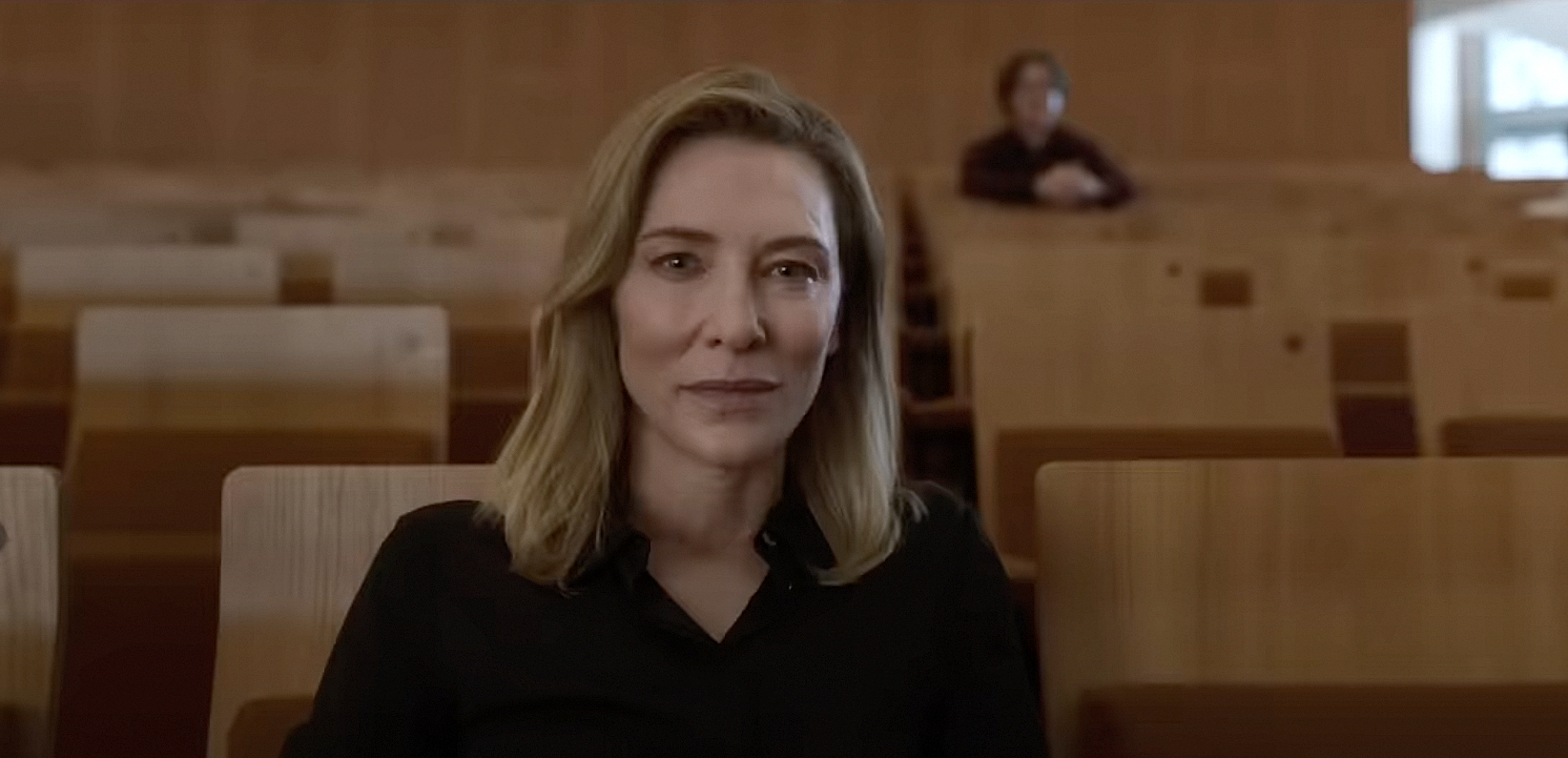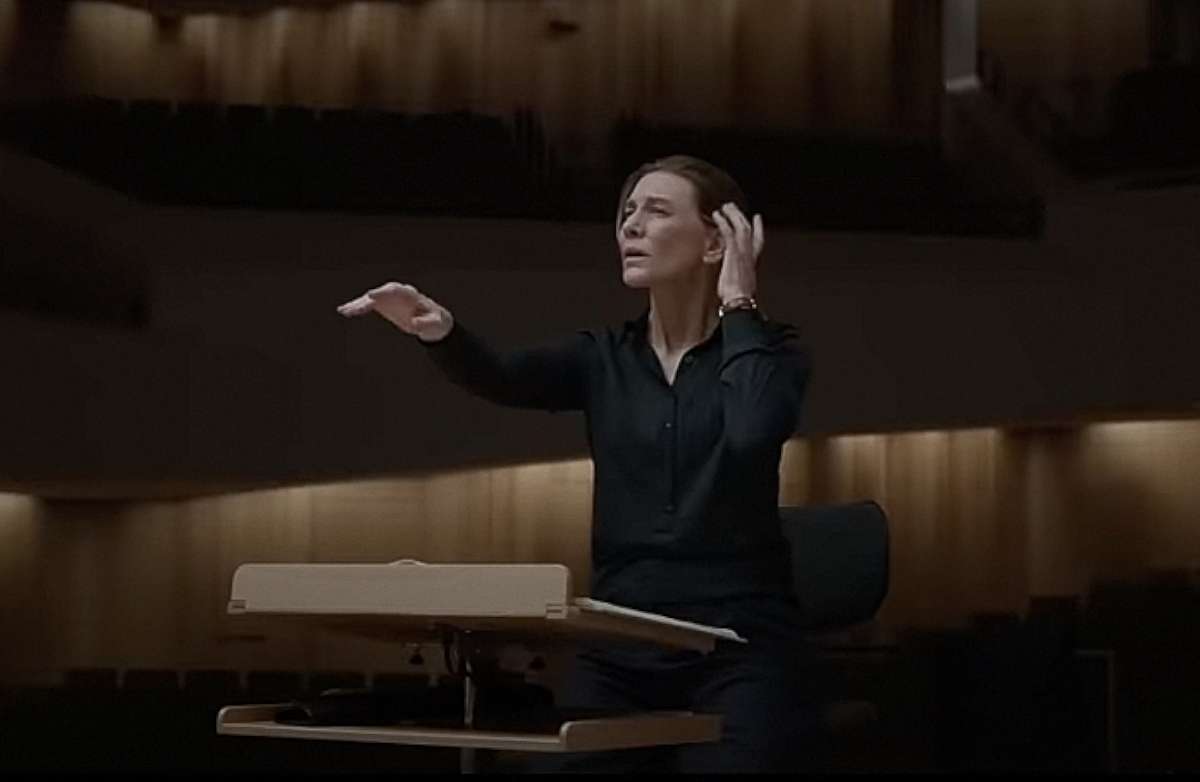'Tár' review: Cate Blanchett is thrillingly alive in her role as Lydia Tár
Start engraving the name Cate Blanchett on the Oscar for Best Actress.

Start engraving the name Cate Blanchett on the Oscar for Best Actress. Her virtuoso performance as classical music conductor and composer Lydia Tár is an absolute stunner, destined to leave its mark on movie history and be talked about for years. No wonder Blanchett is the toast of film festivals from Venice to New York.
And Blanchett has a film worthy of her extraordinary talent. "Tár," only in theaters, belongs on every list of the best movies of 2022. It's been 16 years since brilliant writer-director Todd Field gave us "Little Children" and before that his acclaimed 2001 debut, "In the Bedroom."
Whatever Field was doing in the interim, such as letting experience deepen his instincts and intuition, the result is a trailblazing film about art, life, humanity, monstrous ego, sexual predation, cancel culture and the unchecked power and entitlement that comes with genius.

All of those things and more are embodied in the fictional character of Lydia Tár -- a stand-in for the tyranny that can corrupt success in any area. Blanchett, her eyes alert to every nuance, her arms cleaving the air with thunderous bravura, is thrillingly alive in a role driven by the need to dispose of rivals who attempt to climb her mountaintop.
Don't be put off by the film's high-art sheen, the name dropping of Mahler, Bach and her mentor Leonard Bernstein, soon to be played by Bradley Cooper in "Maestro." Though Lydia's recording of Mahler's Symphony No. 5 is the background that Field uses to tell his story, it's the dangers that arise when discipline wars with human chaos that fire up the film.
"Tár" begins with Lydia being interviewed on stage by the New Yorker's Adam Gopnik, playing himself, to give us insights into her career. Having conducted orchestras from Philadelphia and Chicago to Boston and New York, she's now been tapped to lead the Berlin Philharmonic.
With a lion's ferocity, Blanchett wields language like a baton, shading words, music and movement to charm or annihilate. In a scene at Julliard, where's she teaches, Lydia eviscerates a BIPOC pangender student who dismisses Bach as too white, out-of-touch and dead to matter.
An avowed lesbian, Lydia now lives in Berlin with her violinist partner, Sharon (the superb German actress Nina Hoss). They share an adopted daughter, Petra (Mila Bogojevic), who is being bullied at school. The scene in which Lydia's takes on her child's oppressor rivals anything in "The Avengers."
But even Lydia, living the luxe life of posh hotels, private jets and public worship, can't deflect the watchful eye of social media on sexual misconduct. Has Francesca (Noémie Merlant), her devoted personal assistant, experienced it? Or the ambitious Krista (Sylvia Flote)? Or Olga (Sophie Kauer), the young Russian cellist, who is bristling under her command?

Objections also come from Sebastian (Allan Corduner), the assistant conductor Lydia rotates out of his longtime position to make way for one of her proteges?
These factors shatter Lydia's world, perhaps for good. Do we separate the artist from the art? Can we? Should we? Field marshals his forces, including the marvel of light and shadow in the cinematography of Florian Hoffmeister, to grapple with those questions.
In only his third feature film, Field has written a symphonic challenge for audiences, conducted by one of the best actresses on the planet. Blanchett learned to speak German, play the piano and conduct music. Her tour de force is some kind of miracle.
It should be noted that Blanchett won her second Oscar, after "The Aviator," for 2013's "Blue Jasmine," directed by Woody Allen, another artist nailed by cancel culture. "Tár" offers no excuses, only the tangle of provocation you get when a film dares to walk a tightrope. "Tár" dares for every one of its livewire two hours and 38 minutes. Don't even think of missing it.




